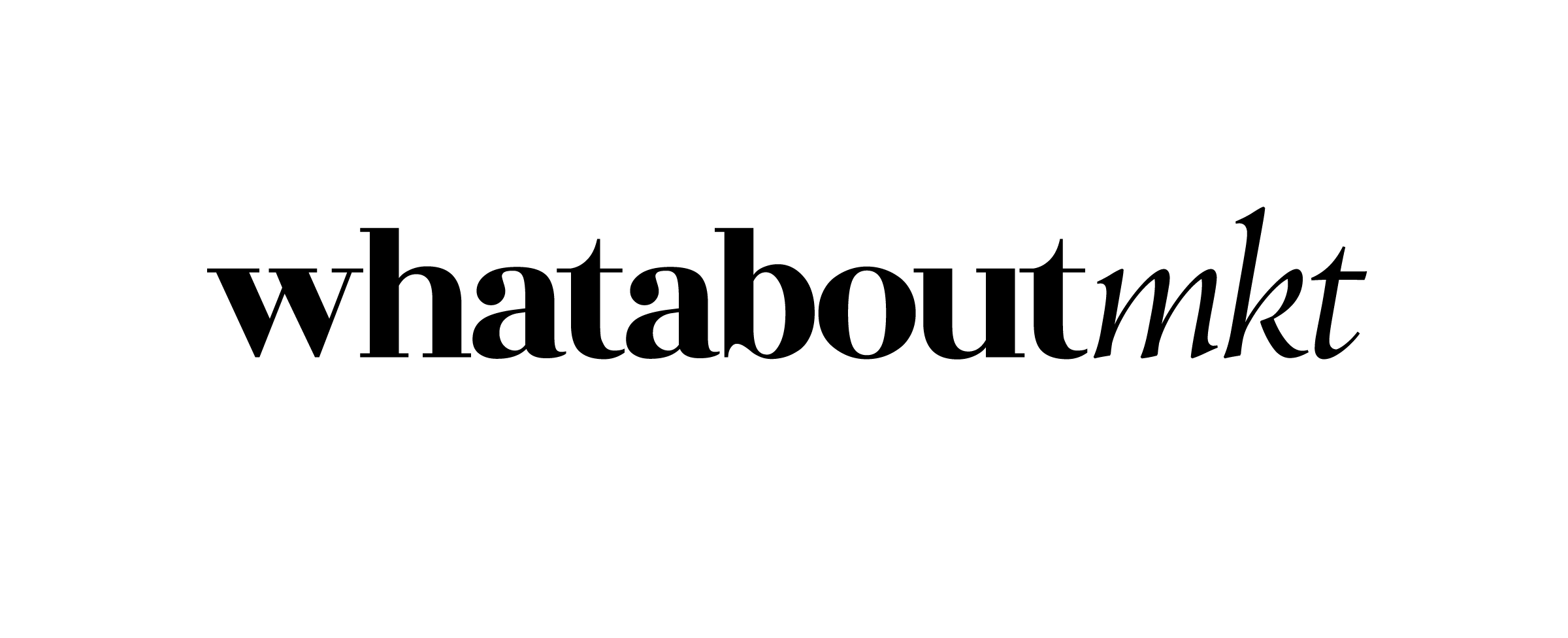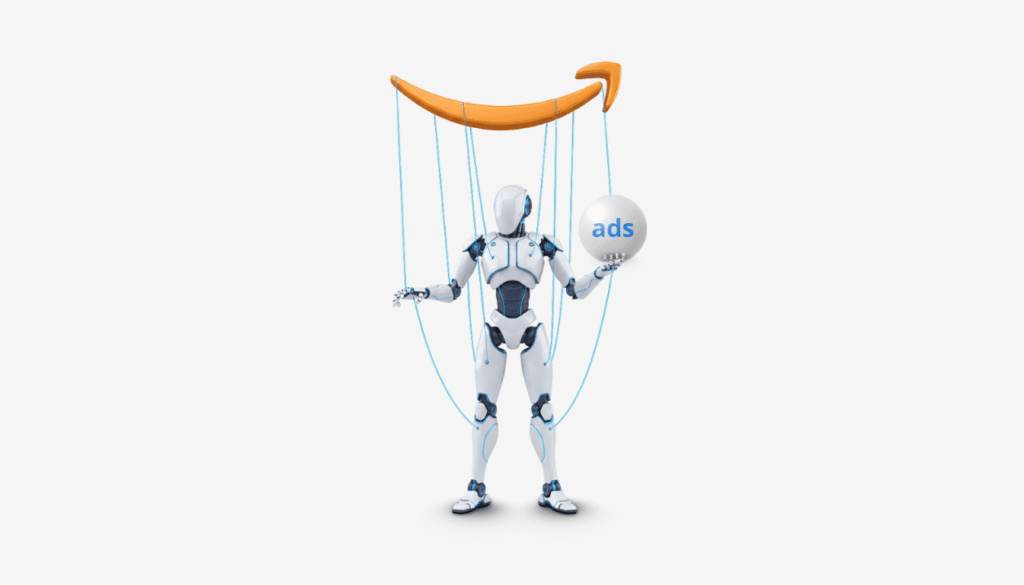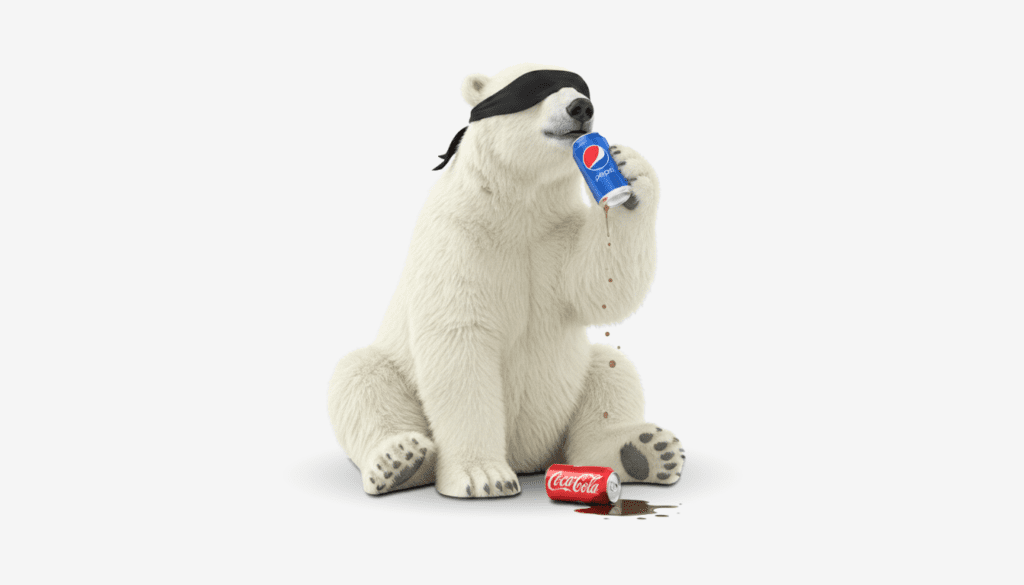The advertising industry is on the brink of a seismic shift as major tech companies harness the power of artificial intelligence to automate advertising processes that have long been the domain of established agencies. A recent article by Patrick Coffee in the Wall Street Journal, dated June 12, 2025, sheds light on how this transformation threatens to undermine the dominant role of large advertising firms, often called the “big agencies.”
The Automation Wave: A Challenge to Established Norms
The emergence of AI ad creation tools from tech giants like Meta, Google, Amazon, and even Comcast marks a critical juncture for traditional advertising agencies. Following reports of Meta’s plans to introduce these advanced tools by the end of 2026, shares of major agency networks such as Publicis Groupe, Omnicom, WPP, and Interpublic experienced falls of approximately 3% to 4%. This trend highlights investor concerns regarding the sustainability of business models that rely heavily on creative services provided by human capital.
According to analysts like Michael Nathanson from MoffettNathanson, the foundation of how these agencies operate—billing clients by the hour—may need radical changes. As brands access sophisticated AI capabilities, they may increasingly use these tools to automate ad creation and placement completely. This leads to a diminished need for traditional agency involvement besides strategic guidance.
Smaller Brands Set to Benefit First
Interestingly, the impact of this technological advancement is likely to be felt most acutely by smaller firms and startups that can quickly adopt AI-driven advertising solutions. Jessica Serrano, CMO of Dig, a farm-to-table restaurant chain, emphasizes that smaller businesses could see tremendous value in utilizing AI tools for their ad campaigns. In the fast-paced world of e-commerce, the ability to streamline advertising processes can be a game-changer.
However, larger brands, especially those focused on maintaining a strong brand identity, may still lean towards human creativity. As Chris Beresford-Hill, CCO at BBDO, points out, the intricacy of developing unique concepts may remain a task better suited for human professionals, at least for the foreseeable future.
Changing Strategies
As noted by Serrano, the rise of AI poses a pressing challenge to traditional advertising agencies, particularly those specializing in performance marketing. Agencies that fail to adapt to these emerging tools quickly risk becoming obsolete. To remain competitive, agencies may shift their approach to emphasize strategic insights and creative storytelling that AI cannot replicate.
This evolution may also herald a renewed focus on data-driven decision-making. As advertisers increasingly rely on AI-generated content, the necessity of robust data analytics becomes more evident. According to a report from the Content Marketing Institute, understanding consumer behavior through data is paramount in crafting personalized ad experiences that resonate in an increasingly crowded market.
Balancing Technology and Human Touch
Despite the alarming potential for disruption, the future for advertising agencies may not be entirely bleak. While the adoption of AI tools is increasing, large advertisers still place significant value on the creative process. Youssef Squali from Truist Securities suggests that while smaller brands might experiment with AI, enterprises prioritizing their brand’s reputation will likely maintain a human touch in their campaigns.
As brands navigate this evolving landscape, direct consumer engagement will remain crucial. Meta’s CMO, Alex Schultz, reassured agencies in a LinkedIn post that while new AI tools are being developed, the integral role of agencies in the marketing ecosystem persists. Agencies can carve out a new niche within this changing paradigm by fostering collaborations combining human creativity and AI efficiency.
In conclusion, as we witness a transformative shift in advertising brought about by AI innovations from tech giants, traditional agencies face serious threats and unique opportunities. The key to survival lies in adaptability, embracing technology while leveraging the irreplaceable value of human creativity. As the advertising landscape evolves, those who can effectively integrate AI into their strategies while cultivating authentic brand relationships will ultimately thrive in this new era.









